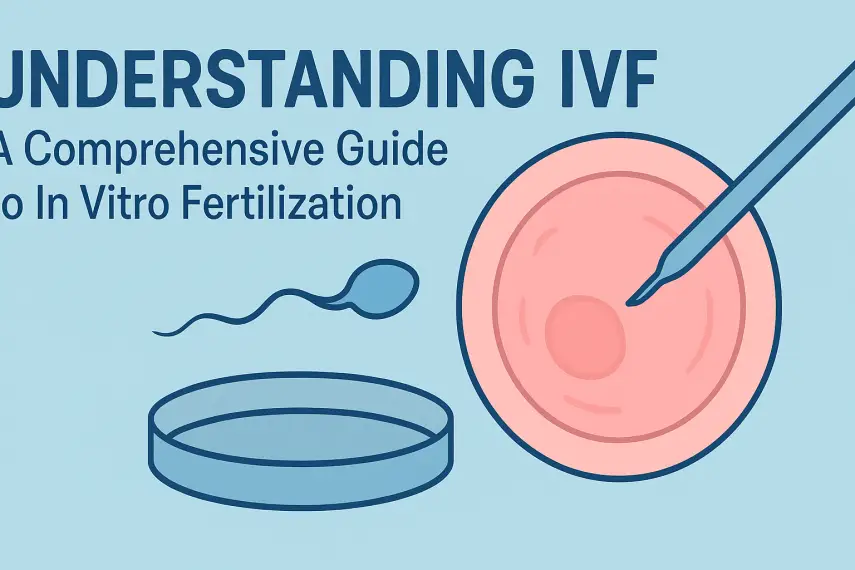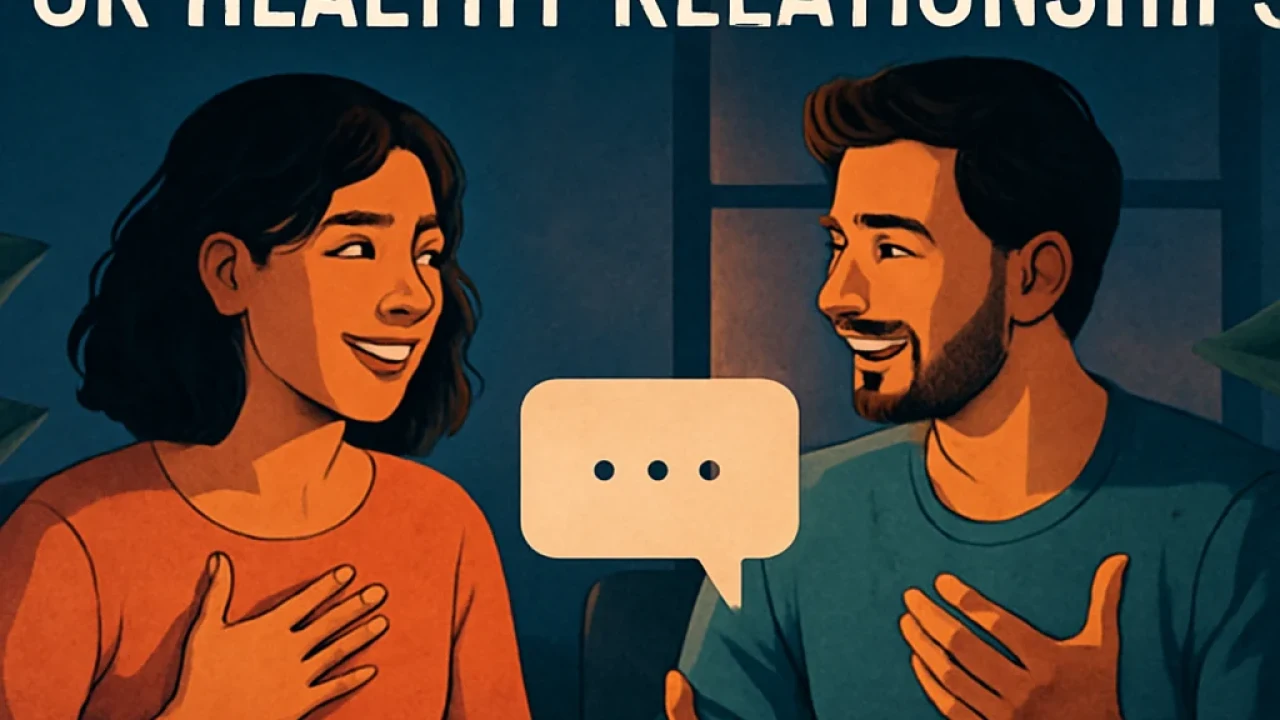
Effective Communication Tips for Healthy Relationships
📑 Contents
Introduction: The Heart of Healthy Relationships

Effective communication is the cornerstone of healthy relationships. Whether you're navigating the complexities of a romantic partnership, friendships, or family dynamics, the ability to express thoughts and feelings openly can significantly enhance your connections. In this guide, we’ll explore essential communication tips that foster intimacy, understanding, and satisfaction in your relationships. Let's dive deeper into how you can communicate better and build stronger bonds.
Understanding the Importance of Communication

Communication goes beyond mere words; it encompasses body language, tone, and the emotions behind your words. Effective communication can:
- Enhance emotional intimacy
- Reduce misunderstandings
- Build trust and respect
- Encourage problem-solving
By honing your communication skills, you not only improve your relationships but also foster a supportive environment where both partners feel valued and understood.
Key Strategies for Effective Communication
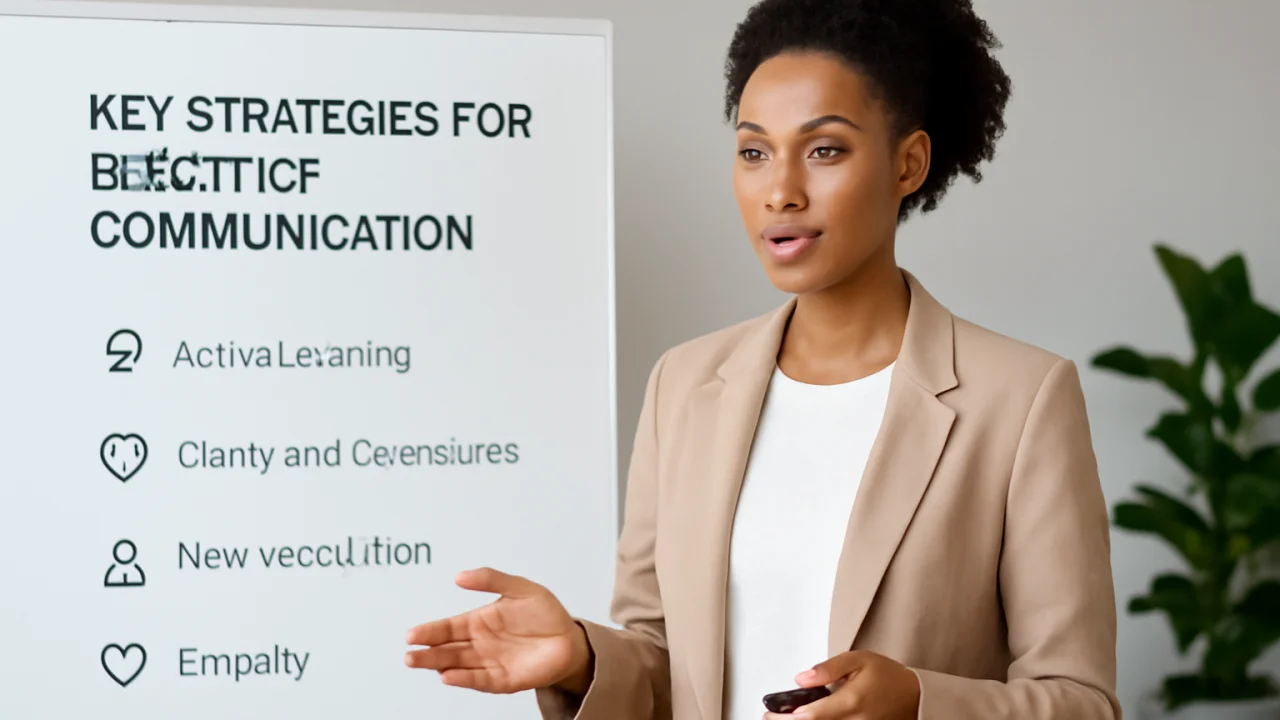
1. Active Listening
Active listening is about fully concentrating on what is being said rather than just passively hearing the message. Here are steps to master active listening:
- Maintain eye contact.
- Use verbal affirmations like "I see" or "Go on."
- Summarize what you've heard to ensure understanding.
2. Use "I" Statements
"I" statements help express your feelings without sounding accusatory. For instance, instead of saying "You never listen to me," try, "I feel unheard when you don’t respond during our conversations." This method encourages a more constructive dialogue.
3. Nonverbal Communication
Your body language can convey more than your words. Pay attention to:
- Facial expressions
- Gestures
- Posture
- Proximity
Being aware of your nonverbal cues can help reinforce your message and show that you are engaged and present.
4. Timing Matters
Choosing the right time to discuss important topics is crucial. Avoid bringing up significant issues during stressful moments or when either party is preoccupied. Instead, find a calm, private setting where both can focus on the conversation.
5. Be Open to Feedback
Receiving feedback graciously can strengthen your communication. Approach feedback with curiosity rather than defensiveness. Ask questions to clarify and understand the other person's perspective.
Building Emotional Connection
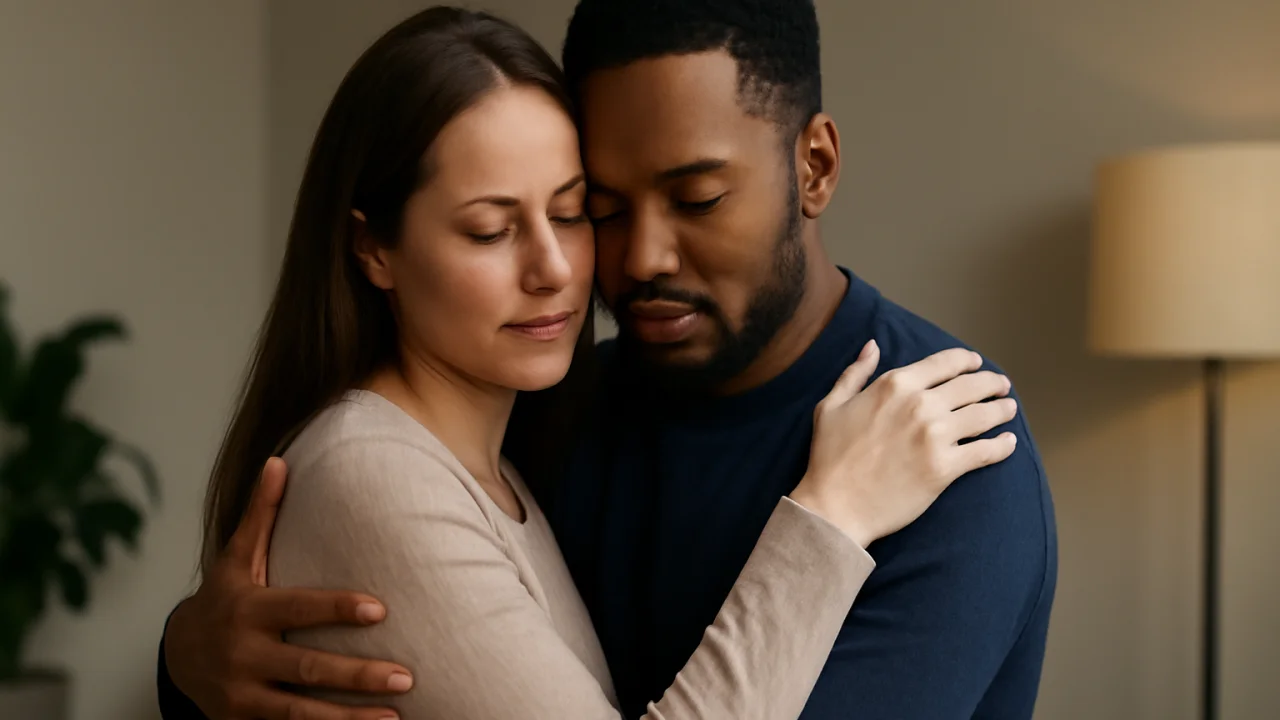
Emotional connection is vital for relationship satisfaction. Here are ways to nurture it through communication:
- Share personal stories to foster vulnerability.
- Express appreciation regularly.
- Discuss dreams and goals to align visions for the future.
Common Communication Barriers

Understanding barriers can help you navigate conversations more effectively. Common obstacles include:
| Barrier | Description |
|---|---|
| Assumptions | Jumping to conclusions without seeking clarification. |
| Distractions | External factors that divert attention from the conversation. |
| Emotional Reactions | Responding impulsively due to strong feelings. |
Overcoming These Barriers
To overcome these barriers, consider the following strategies:
- Pause and breathe before responding to emotional triggers.
- Limit distractions by turning off devices during conversations.
- Ask clarifying questions to avoid assumptions.
Practical Tips for Daily Communication

Incorporating effective communication into your daily routine can yield significant benefits. Here are practical tips:
| Tip | Description |
|---|---|
| Daily Check-Ins | Spend a few minutes each day discussing feelings or events. |
| Compliments | Offer genuine compliments to boost morale and connection. |
| Shared Activities | Engage in activities together to foster conversation and bonding. |
Frequently Asked Questions (FAQ)
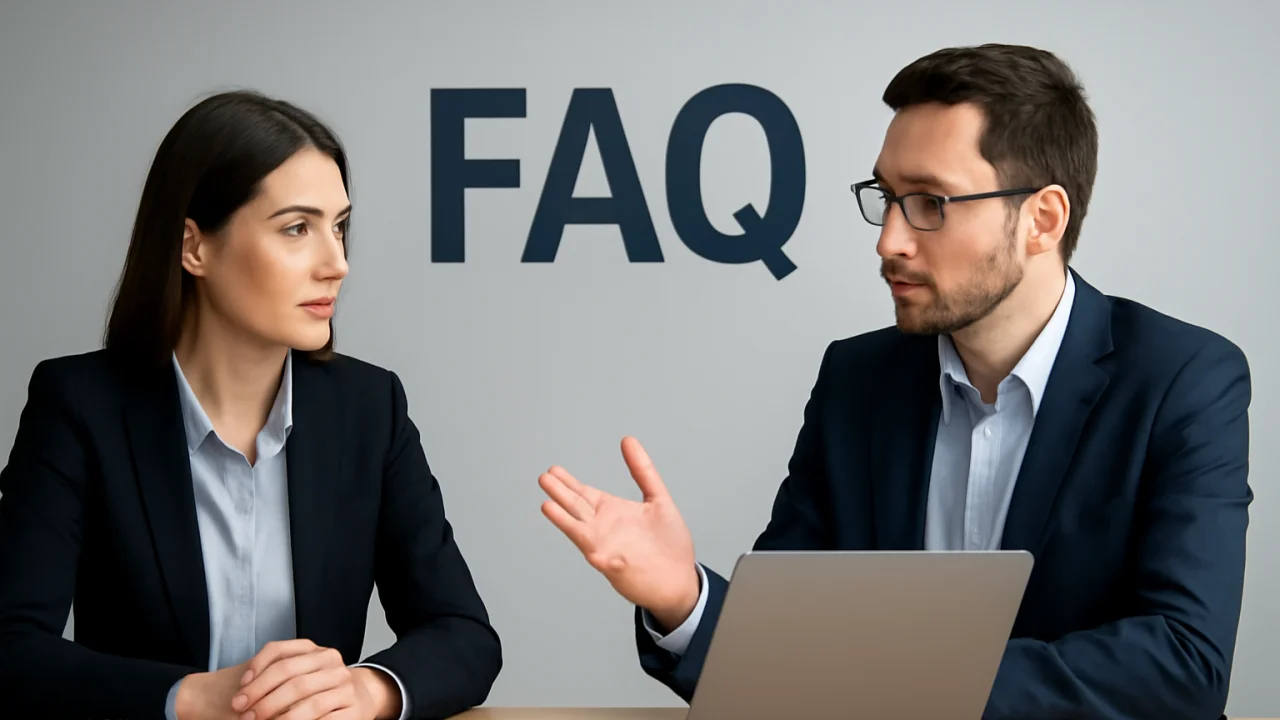
What are the signs of effective communication in a relationship?
Signs include mutual understanding, respect, openness, and emotional support.
How can I improve my listening skills?
Practice active listening by focusing fully on the speaker and confirming your understanding.
What if my partner is not willing to communicate?
Encourage open dialogue and express your feelings about the lack of communication without blaming.
Are there communication styles that are unhealthy?
Yes, styles like passive-aggressive communication or stonewalling can damage relationships.
How can I avoid misunderstandings?
Clarify points during conversations and ask questions to ensure mutual understanding.
Is it important to discuss difficult topics?
Absolutely; discussing difficult topics fosters transparency and strengthens trust.
How can I express my feelings without hurting my partner?
Use "I" statements and focus on your feelings rather than accusations.
What role does empathy play in communication?
Empathy allows you to understand and validate your partner’s feelings, which enhances connection.
Conclusion: Embrace Open Communication

Effective communication is not just about talking; it’s about creating a space where both partners feel heard and valued. By implementing these tips, you can enhance your relationships and foster deeper emotional connections. Start today by having an open conversation and embracing the art of communication. Remember, every step you take towards better communication is a step towards a healthier relationship.




